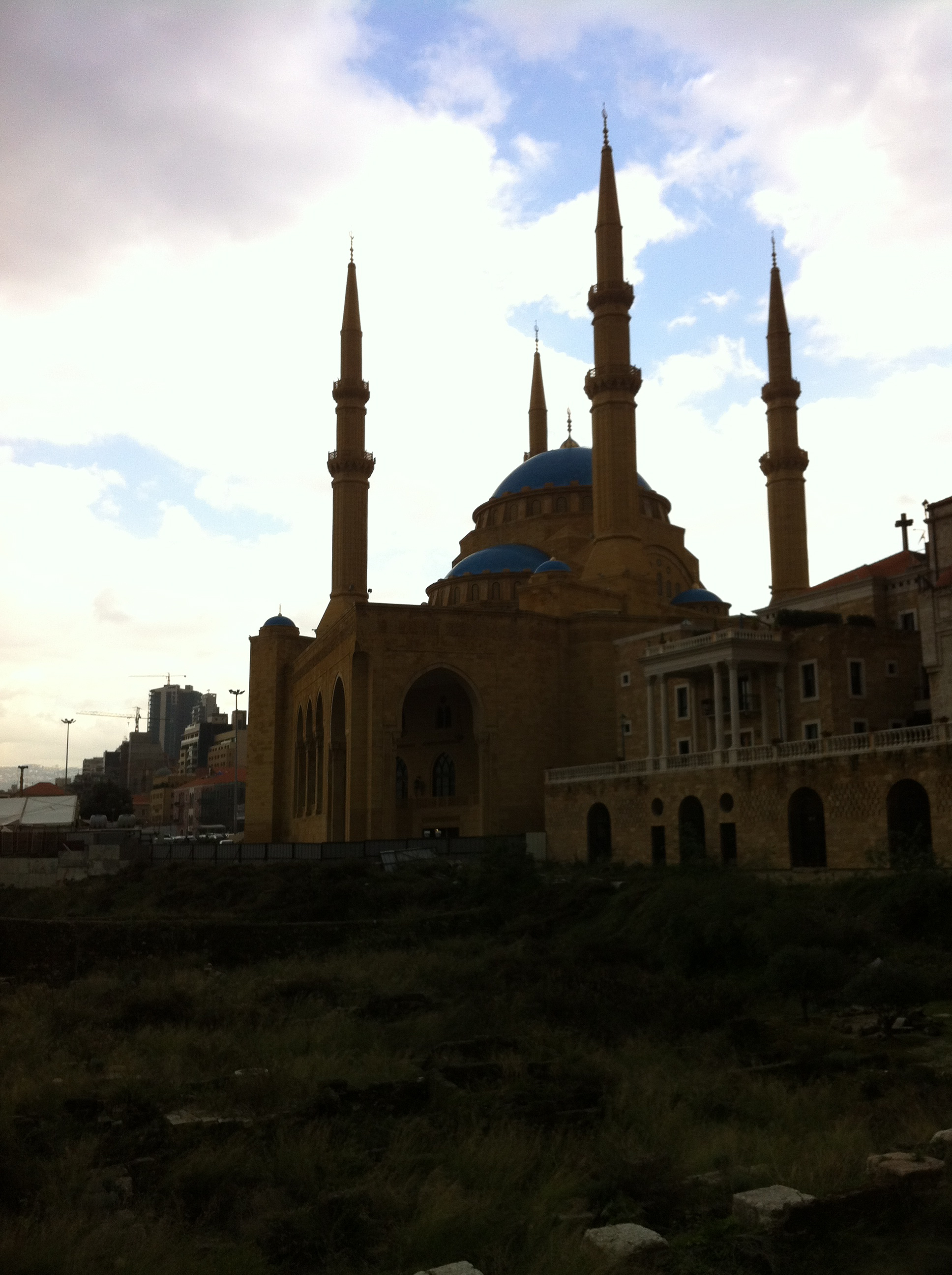 Lebanon is a country with a long history of sectarian strife. The remnants of the civil war, which pitted Christians against various Muslim groups (Shiite and Sunni are both represented in the country), with groups like the Druze additionally complicating the fray, are still evident here in Beirut, despite the relative civil harmony in the country today. But then it was precisely such splits that the Arab spring challenged, so it’s a very exciting time to be here in Beirut.
Lebanon is a country with a long history of sectarian strife. The remnants of the civil war, which pitted Christians against various Muslim groups (Shiite and Sunni are both represented in the country), with groups like the Druze additionally complicating the fray, are still evident here in Beirut, despite the relative civil harmony in the country today. But then it was precisely such splits that the Arab spring challenged, so it’s a very exciting time to be here in Beirut.
Given the tectonic shifts the entire region is undergoing, it should not be so surprising that the politics underlying the conference organized by the American University of Beirut’s Center for American Studies and Research, a conference which I recently attended, should be a little muddled. In fact, the conference theme – Shifting Borders – reflects the huge changes the region is currently undergoing, and the resulting complexity and confusion among political and cultural analysts about the future.
That said, some of the presentations at the conference reflect pitfalls that the Left really needs to avoid if it is going to contribute significantly to the democratizing currents that have been sweeping through North Africa and the Middle East over the last year.
For example, the conference began with the keynote address by Rani Khouri of the American University of Beirut. Professor Khouri argued that we are currently living through one of the most significant changes in modern Middle Eastern history. The significance of the mass uprisings were sparked by the self-immolation of Mohamed Bouazizi, the Tunisian street vendor, on 4 January one year ago is to introduce the first process of citizen-based self-determination, leading nations in the region towards a 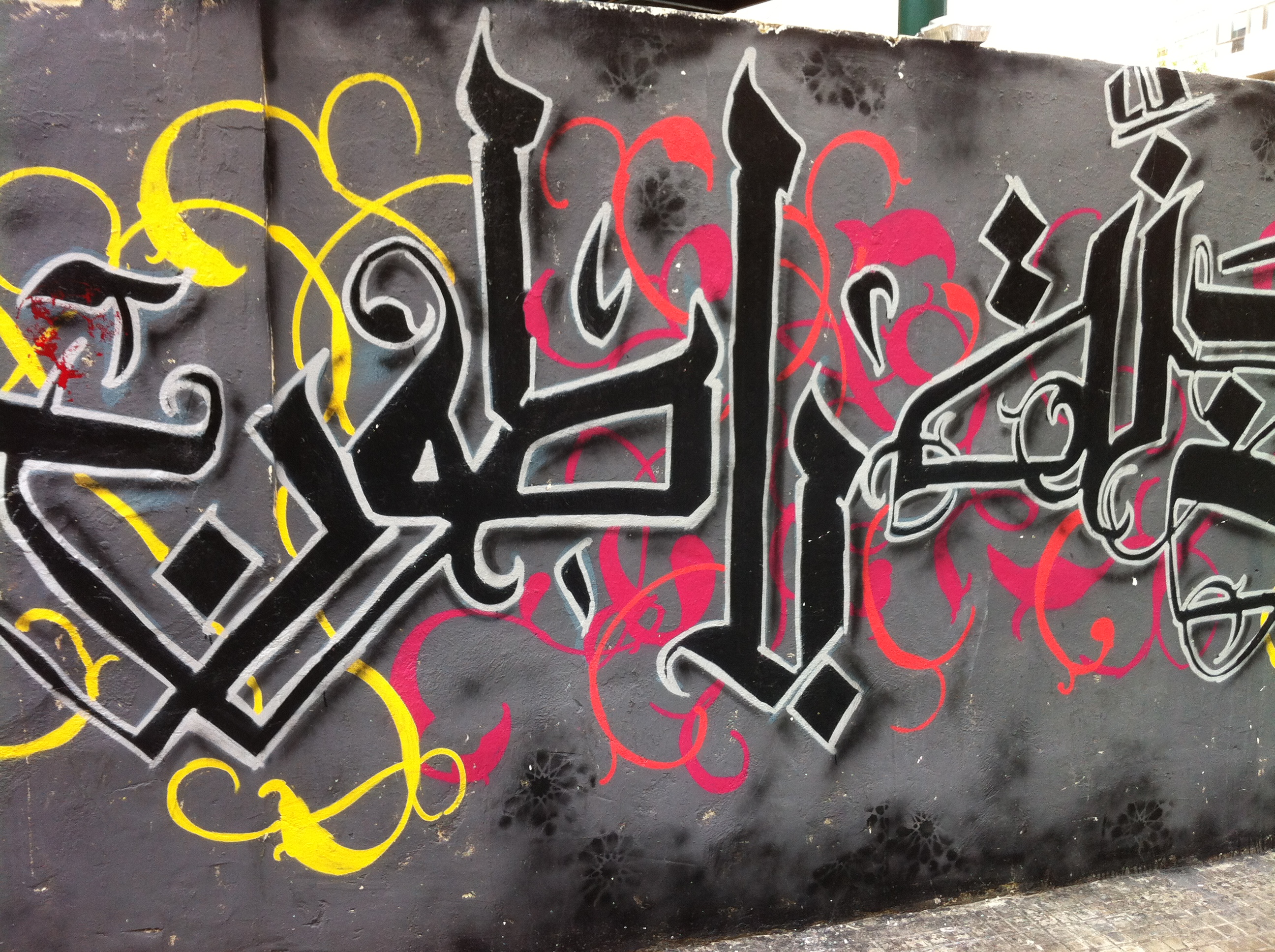 genuine politics of sovereignty.
genuine politics of sovereignty.
For Khouri, the mass uprisings and the movements for democracy they unleashed redress grievances felt since the anti-colonial nationalist movements of the 1950s and 1960s liberated the region from colonial control, but then introduced different varieties of authoritarian military rule. Often, these dictatorial regimes were tied to foreign powers, including, of course, the US. As a result, they lacked popular legitimacy on a variety of levels.
These uprisings were generated, Khouri argued, by a combination of material grievances – based on declining incomes across the region – and popular demands for the meaningful recognition of their citizenship, constitutional changes to enshrine democratic processes, and social justice.
Khouri’s major intervention was to challenge the Islamophobic discourses so often heard in the Western media. He explained that Islamist groups like the Muslim Brotherhood are reaping electoral gains from the revolutions of the last year precisely because they have been so effective in articulating popular discontent with the status quo across the region in recent decades. They have, he argued, consistently expressed popular anti-imperialist sentiments, argued for popular empowerment, provided a sense of transnational unity, and have delivered basic service to people in the increasing absence of the state (or of any aspect of the state other than its police-military face).
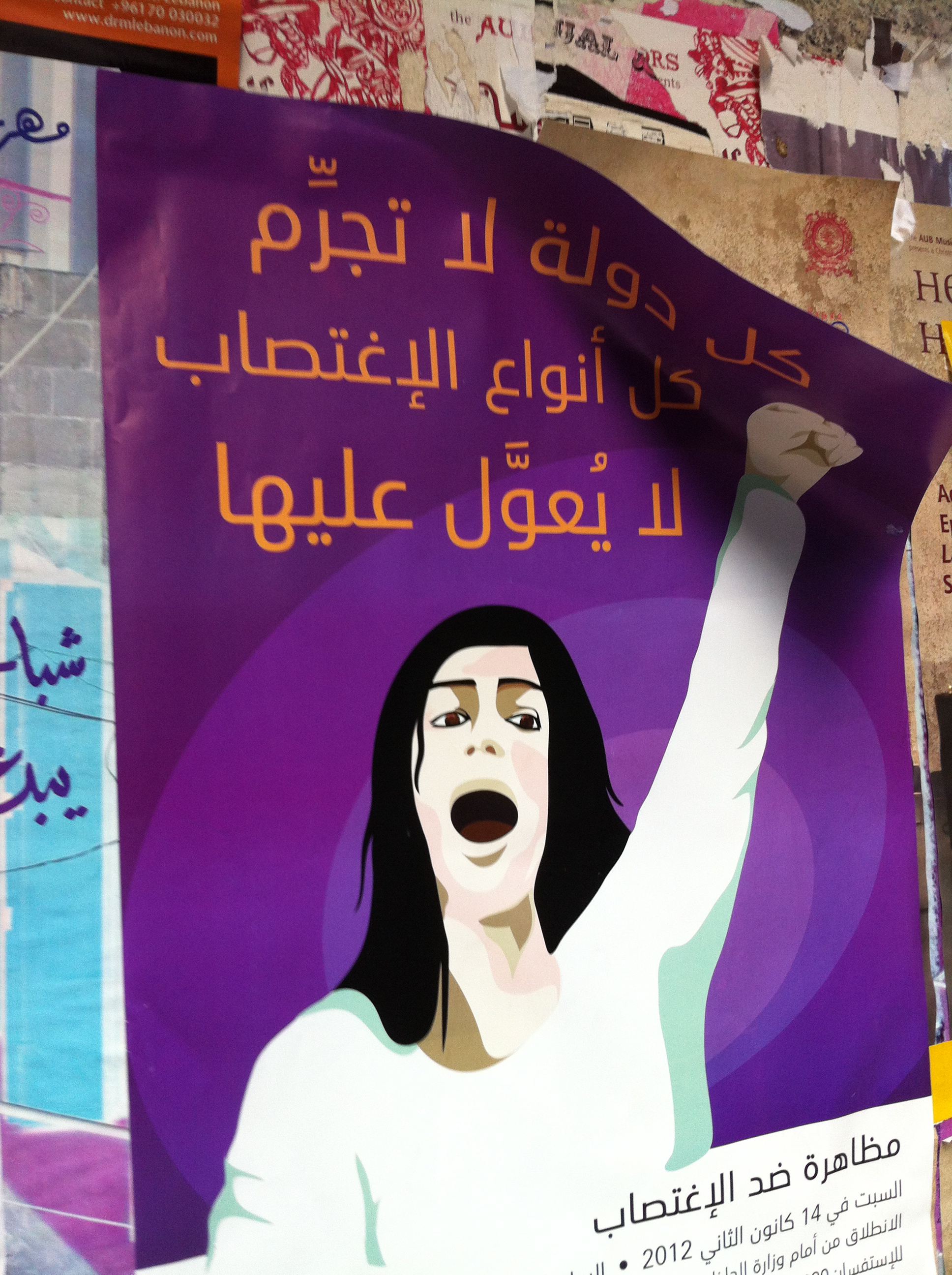 In order to question Euro-American Islamophobia, Khouri compared Islamist groups to the Civil Rights movement in the US. Both, he argued, were driven by assertions of social justice and human dignity. As a result, such groups gave people a sense of human and a belief in their ability to change history. This link between the US Civil Rights movement – which often had a religious underpinning – and Islamist movements in the Middle East is an interesting and original comparison.
In order to question Euro-American Islamophobia, Khouri compared Islamist groups to the Civil Rights movement in the US. Both, he argued, were driven by assertions of social justice and human dignity. As a result, such groups gave people a sense of human and a belief in their ability to change history. This link between the US Civil Rights movement – which often had a religious underpinning – and Islamist movements in the Middle East is an interesting and original comparison.
Khouri argued that the electoral victory of these movements would have the same impact as the triumph of the Civil Rights movement in the US: the religious grounding of these groups will become less evident as they take over the state and become engaged in basic issues of effective service provision that are necessary in order to retain their popular mandate.
This argument seems questionable to me. To what extent are currents of fundamentalism in Islamism more comparable to Christian evangelical groups in the US than to the Civil Rights movement? Moreover, to what extent will such groups move towards secularism as they are confronted with the increasingly intractable political-economic woes of neoliberal capitalism? Moreover, given the likely intensification of climate change in coming years, can we assume that these movements will settle easily into the liberal democratic capitalist trajectory that Khouri seemed to assume – drawing on the US model – is the universal norm and goal?
The central problem in Khouri’s argument, in other words, is its liberalism. As far as I could tell, there was no analysis of the 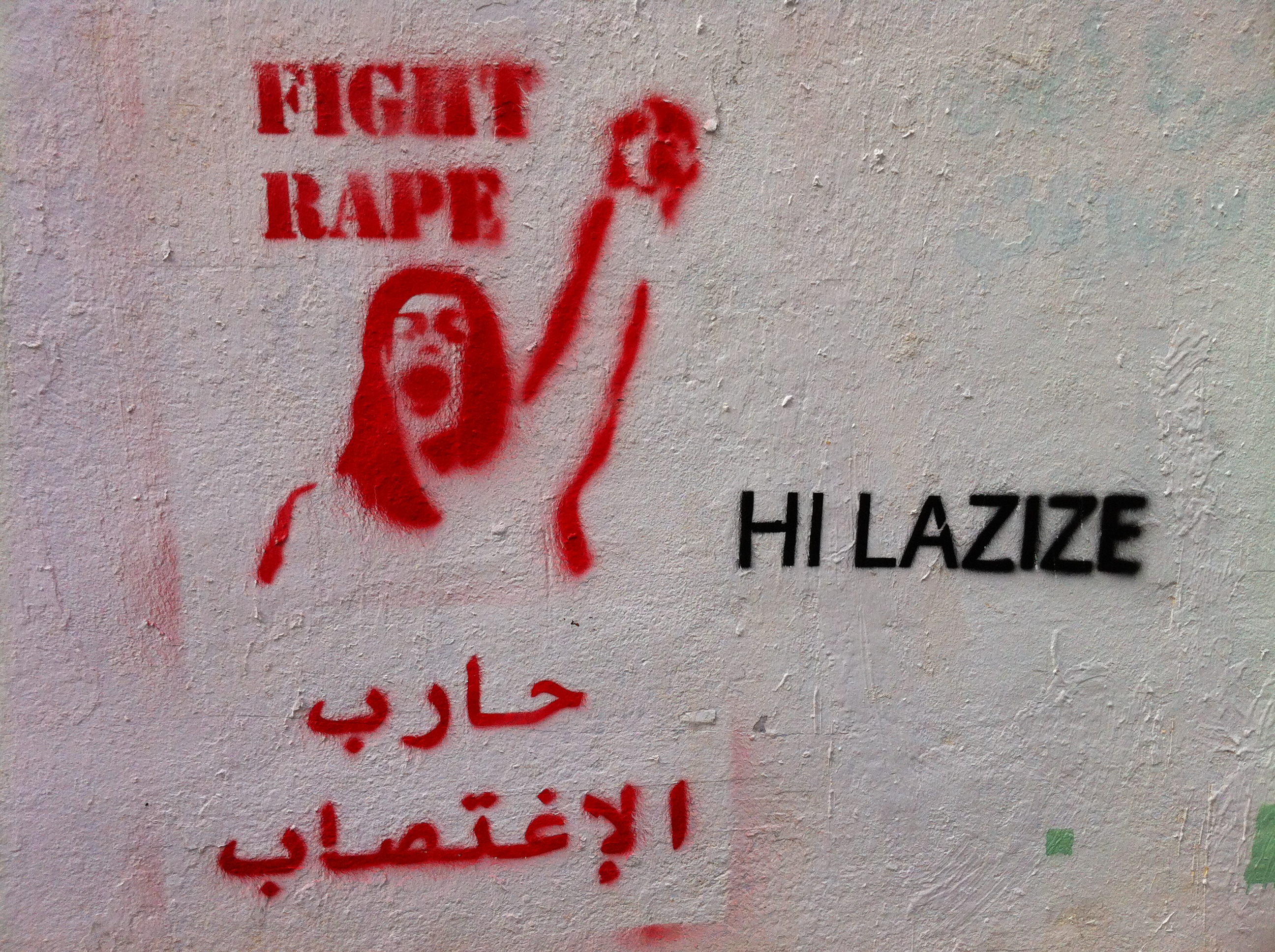 anti-capitalist element in the revolutions of the last year. Nor was there any acknowledgement of the problems such movements will face as a result of increasingly grim global crises of capitalism. Because of the liberal framework of Khouri’s analysis, he ironically ended up retaining a neo-colonial sense that the US is the telos or goal towards which the societies of North Africa and the Middle East must aspire. Given the current political-economic crises in the US and EU, such an argument seems harder to sustain and more self-defeating than ever.
anti-capitalist element in the revolutions of the last year. Nor was there any acknowledgement of the problems such movements will face as a result of increasingly grim global crises of capitalism. Because of the liberal framework of Khouri’s analysis, he ironically ended up retaining a neo-colonial sense that the US is the telos or goal towards which the societies of North Africa and the Middle East must aspire. Given the current political-economic crises in the US and EU, such an argument seems harder to sustain and more self-defeating than ever.
Juxtaposed with this liberalism at the keynote, organizers of the conference had also invited a number of Iranians to present their work, including the head of American Studies at Tehran University. A professor in such a position could only be complicit on one level or another with the increasingly authoritarian regime in the country. Sure enough, during his presentation, this professor proceeded to argue that Iran is one of the major victors in the region as a result of the revolutions of 2011. Although this Iranian was quick to denounce US imperialism, he ducked questions about the ungoing repression in Syria and of course had little to say about the violent suppression of the Green Movement – which can, in many ways, be seen as one of the antecedents of the Arab Spring – in his own country.
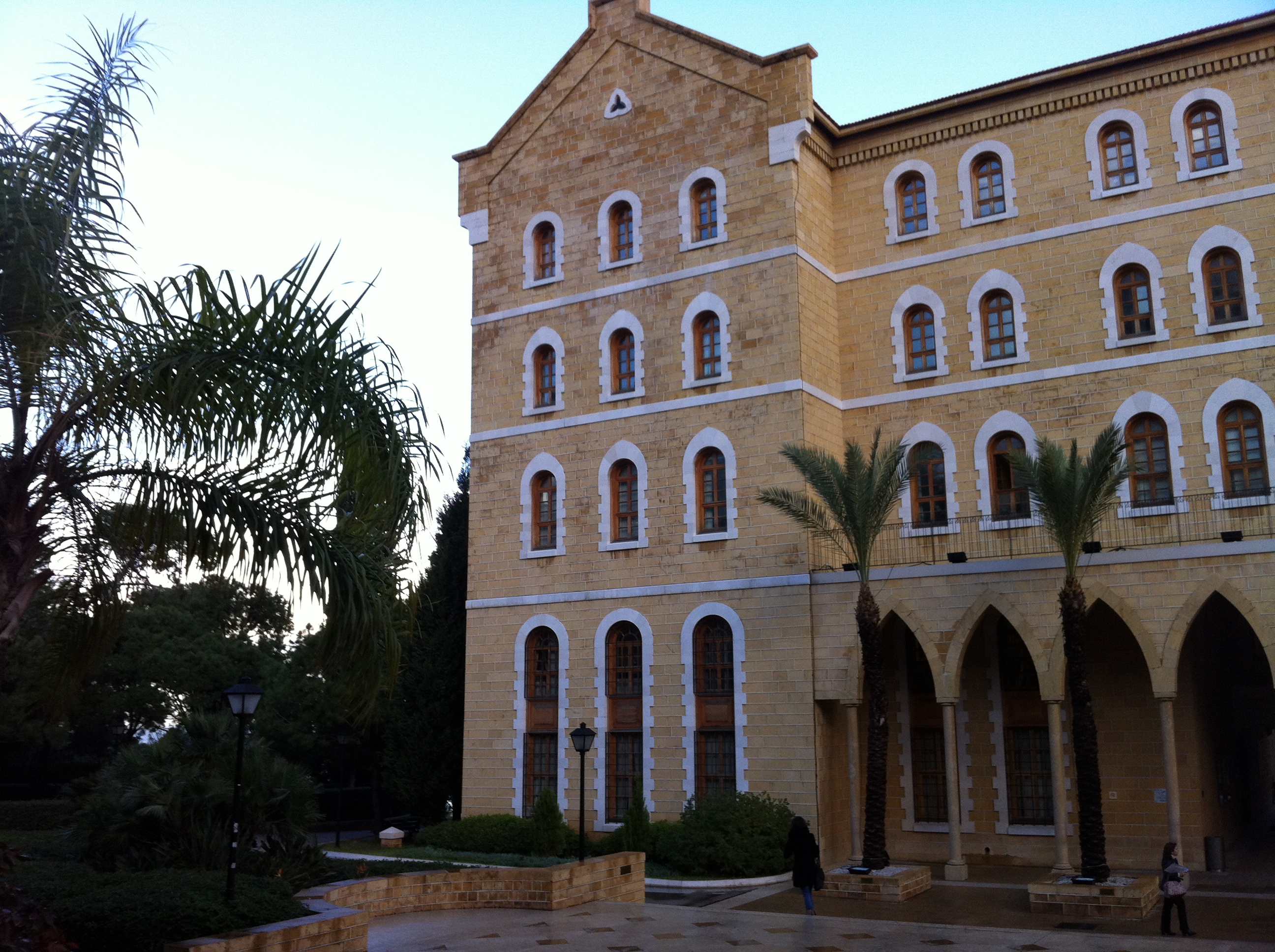 The fact that CASAR organizers gave public platforms to both liberals such as Khouri and the Iranian contingent suggests the extent of the muddle about what a progressive politics in the Middle East might look like. How hard it is to forge a coherent anti-imperialist, anti-capitalist, anti-patriarchal and anti-homophobic front. This is what democracy must look like, after all, in the Middle East and elsewhere. If the Left does not stand up for all these values, it will be on the wrong side of history.
The fact that CASAR organizers gave public platforms to both liberals such as Khouri and the Iranian contingent suggests the extent of the muddle about what a progressive politics in the Middle East might look like. How hard it is to forge a coherent anti-imperialist, anti-capitalist, anti-patriarchal and anti-homophobic front. This is what democracy must look like, after all, in the Middle East and elsewhere. If the Left does not stand up for all these values, it will be on the wrong side of history.